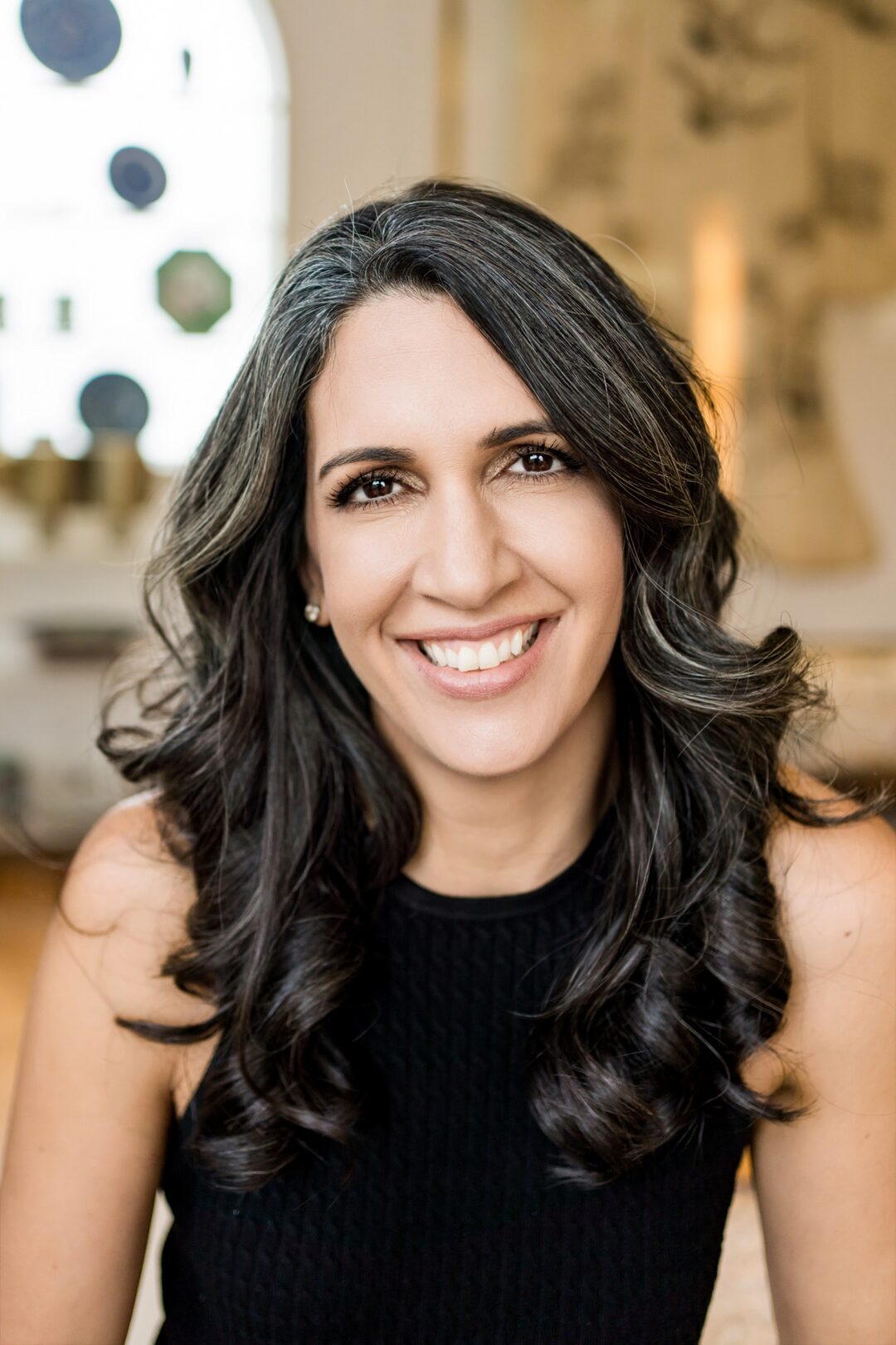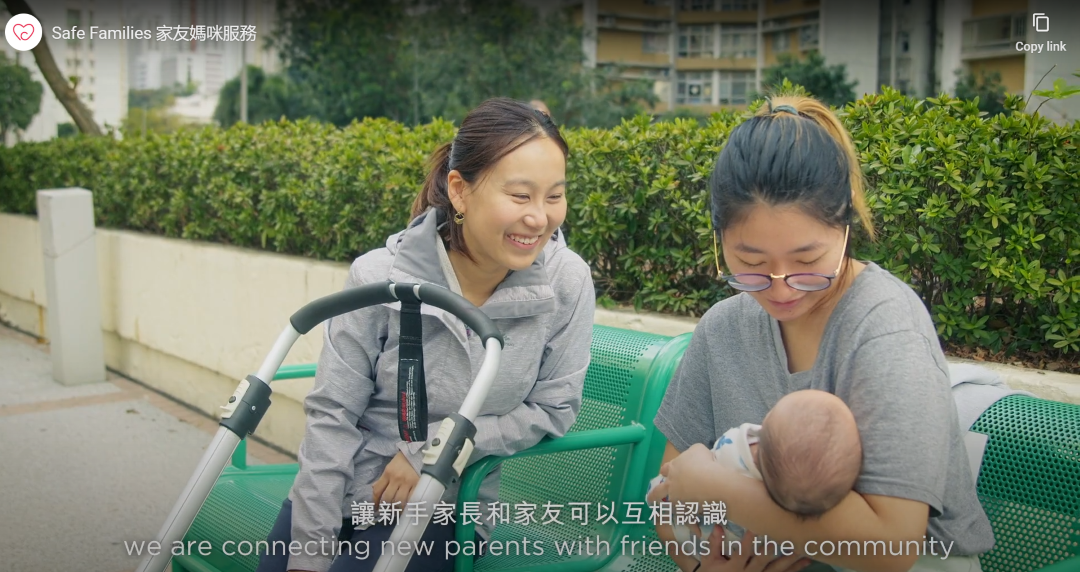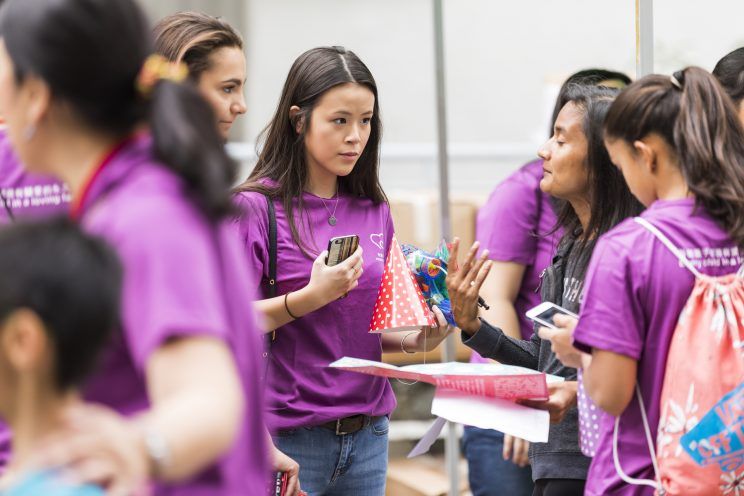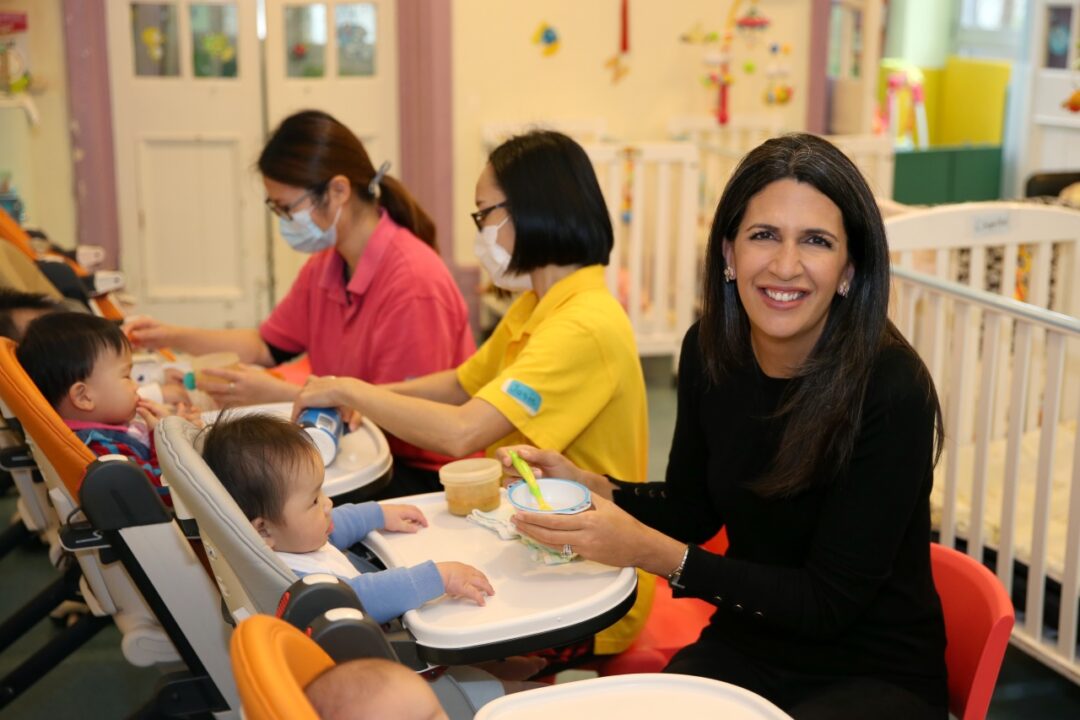Mothers Choice: empowering and supporting ‘crisis mums’

It is well-documented that some low-income people in Hong Kong are living a very constrained existence in tiny living spaces; sometimes shared with others. What may be less well known is a widespread, far-reaching, and persistent issue that longstanding Hong Kong charity Mother’s Choice terms “crisis pregnancy”.
There, typically it is the youngest mothers that can become trapped in a cycle of external-authority intervention – and even lose possession of a child – creating mental-health and other personal and social problems.
Since its doors first opened in 1987, Mother’s Choice has been “deeply committed to breaking the intergenerational cycle of children growing up without family,” as well as the cycle of teenaged pregnancy itself, says Alia Eyres, Chief Executive Officer (CEO) of Mother’s Choice, in an interview with InnovationHongKong.
While the vision of seeing “every child in a loving family has not changed, our programmes and approaches have had to change as society has changed,” she stated. She noted that contemporary technology, including digital social media, has created new opportunities for the charity to connect with one of the most vulnerable groups in the community.
“We define a crisis pregnancy as one that is both unplanned and unsupported. This can occur across all age levels and socioeconomic groups,” explained Ms Eyres. “At Mother’s Choice, our focus is specifically for girls aged 12 to 25 as this is the most vulnerable group with many not having anyone in their lives able to support them.”
She added: “We provide young girls with accurate information about their… choices [for] their pregnancy and equip them with life skills regarding their pregnancy. We also help build community connections for the girls so that they can move beyond this crisis and are empowered for the future.”

The charity’s CEO said that while the Hong Kong authorities provide subsidies, programmes, and other support for vulnerable people, including for young mothers without wider family support, “there is no government in the world that can meet the deep need of every person to be in relationship – to be loved”.
“Mother’s Choice is a catalyst to bring people from our community together to build authentic relationships and show love to Hong Kong’s most isolated babies and young mothers,” she observed.
The ‘bringing together’ can range from day-to-day support, to what can be seen as ‘post intervention’ support: creation of the social network and other connections that can help what might otherwise be socially-isolated single mothers to build a new and more robust framework for themselves and their child or children.
Going digital
For this year’s International Women’s Day, on March 8 [2024], Mother’s Choice launched its first-ever digital outreach campaign.
“We’ve learned that it’s become challenging for social workers and other professionals to reach young people who need our help,” explained Ms Eyres.
“As young girls are more digitally connected than ever before, we had to innovate our programme and outreach to connect with them directly using Instagram and other digital platforms.”
She added, referring to a global advertising, marketing and public relations agency with a presence in Hong Kong: “We are grateful for our creative partnership with Ogilvy who helped create awareness and engagement content so that young girls can know that there is help and they are not alone.”
According to Ms Eyres, “there is still a lot of social taboo and judgment against young girls who face a crisis pregnancy in Hong Kong”.
She noted: “There is a lot of misunderstanding around what causes teen pregnancy, and also a lack of awareness around the connection between teen pregnancy and the child protection crisis our city is facing.”
The work that Mother’s Choice does in Hong Kong has been expanding over the years, with special attention to the children themselves. “Unprepared families don’t have the support they need, and their children end up in care,” explained the organisation’s CEO.
“Children get stuck in the system, spending their entire childhoods without families and experiencing physical and emotional trauma. These children become young people who leave school early and face incarceration and teenage pregnancy,” she noted. “These teenagers become parents who are not able to care for their children, and while the community remains unaware or ill-informed about how to respond, the cycle continues for generations.”
With that in mind, Mother’s Choice launched in 2021 its Safe Families service. Ms Eyres explained: “Many of the teen mothers graduating from our Pregnant Girls Services lacked the necessary support system”. This meant they could become “overwhelmed”, resulting in children “being referred back to the care system”.
“In 2015, we explored models of family strengthening and discovered Safe Families for Children, an international non-profit connecting vulnerable families with compassionate volunteers,” she recounted.
Inspired by its approach, Mother’s Choice connected with the organisation’s Dr Dave Anderson and his team, who, said Ms Eyres, “generously shared their expertise and compassion”.
She added: “We launched Safe Families in 2021 to meet the increasing need during COVID. We’re now building a local community of dedicated volunteers who demonstrate love, kindness, and hospitality to empower young moms and children. Volunteers from all walks of life contribute their unique strengths to impact the lives of future generations.”
Volunteers, strategic plan
Volunteering is on display at all levels of the charity’s effort – from frontline services, to its board. “Over 85 percent of our workforce consists of dedicated volunteers, with over 1,100 individuals from our community working alongside our staff every day.

“We prioritise their development by providing regular training on child protection and advocating for every child’s right to be in a family. Together, we deliver high-quality services and serve as ambassadors for positive change in our city,” she stated.
People either from large companies and financial institutions – or with a background in those fields – are on the charity’s board. Ms Eyres’ background is in the legal profession.
“As a non-profit organisation, we recognise the significance of financial and business skills in our work,” the charity’s CEO noted. “Being responsible stewards of donor funds, it is crucial for us to invest in our organisational capacity to ensure efficiency and effectiveness in our operations. I am immensely grateful for the professionals who have generously shared their skills and expertise with Mother’s Choice.”
“We recognise that achieving our vision of ‘Every child in a loving family’ requires collective effort,” stated Ms Eyres.
She observed that the corporate sector plays a pivotal role by bringing invaluable resources, skills, and networks that are crucial in the non-profit sector. “We have witnessed a growing interest from corporations eager to collaborate with us and make a positive impact in our city,” she noted.
“NGOs often operate with lean resources and may not move at the same pace as the for-profit sector,” explained Ms Eyres. “That’s why I am immensely grateful that many of our non-service [non-frontline] staff have transitioned from prominent corporations, leaving behind their corporate roles to join the cause of Mother’s Choice.”
These are individuals from organisations such as “Goldman Sachs, The Peninsula [Hong Kong hotel], JP Morgan, Hong Kong Exchange, and The Walt Disney Company,” that have “embraced our mission and contributed their expertise to our work,” she noted.
The Mother’s Choice CEO also explained the idea behind the charity’s “Vision 2025 Top 10 Strategic Priorities”.
She stated: “Similar to for-profit organisations, we recognise the importance of having a strategic plan and well-defined priorities.” Among some of the priorities are the need to “expand family-based care”, roll out an “early intervention” approach across its services, and “design a leadership, competency training framework”.
“This approach allows us to optimise our limited resources and effectively work towards our long-term vision. Our strategic planning operates within five-year cycles, and our current plan, ‘Vision 2025,’ encompasses our Top 10 Strategic Priorities,” added Ms Eyres.
Each point is “meticulously designed to address any gaps in our services,” she stated, thus “aiming to break the cycle of children growing up without families”.
By focusing on these strategic areas, “we can ensure that our efforts have the maximum impact and create meaningful change in the lives of vulnerable children and families”.
She concluded: “Our strategic plan serves as a roadmap, guiding us towards realising our vision and making a lasting difference in the community.”
